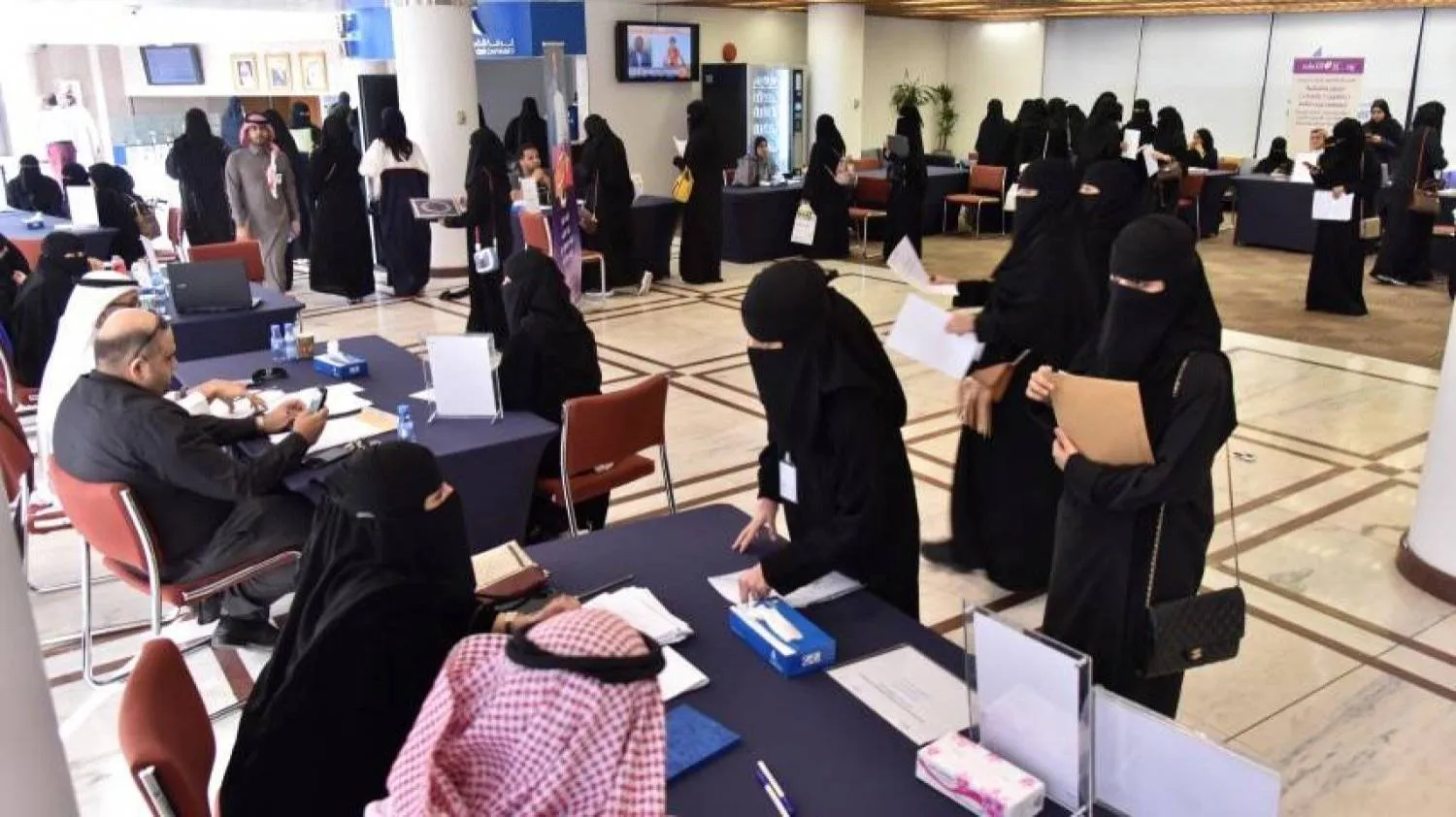Saudi Arabia’s Cabinet, led by Crown Prince and Prime Minister Mohammed bin Salman, approved a new social insurance system for new workers during its session on Tuesday.
This move aims to boost labor market efficiency, ensure the sustainability of insurance funds, and support local talent stability. The Kingdom is gearing up for large-scale economic projects that require ongoing updates to meet national goals.
The government aims for a sustainable and fair retirement system, improving laws and regulations.
Minister of Economy and Planning Faisal Al-Ibrahim previously highlighted Saudi Arabia’s proactive approach to managing rising workforce rates and their retirement implications.
Minister of Human Resources and Social Development Ahmed Al-Rajhi affirmed that the Cabinet’s decision enhances retirement system efficiency and provides insurance protection for participants and their families, adapting to labor market changes.
Finance Minister Mohammed Al-Jadaan stressed the decision's goal to secure insurance coverage for participants while ensuring the sustainability of insurance funds and protecting beneficiaries' rights, thereby promoting economic and social stability.
Moreover, the Cabinet has decided to maintain current provisions of the civil retirement and social insurance systems for current participants, excluding those nearing retirement age and specific groups qualifying for pensions.
The General Organization for Social Insurance clarified that the new system applies only to newly employed civilians in both public and private sectors without prior contributions to either retirement or current social insurance systems.
Existing participants will continue under current rules, except for changes related to retirement age and qualifying periods for pensions for those with less than 20 years of contributions and under 50 lunar years old at the time of the amendments.
The retirement age for covered groups will gradually increase from 58 to 65 years, starting 4 months beyond the current retirement age, based on the participant's age when the amendments take effect.
The current retirement and insurance systems will remain unchanged for participants aged 50 and above or with 20 or more years of contributions at the time of the amendments.
For new labor market entrants, the new system facilitates job mobility between public and private sectors, with contribution rates gradually increasing by 0.5% annually over 4 years, starting from the second year.
New Saudi System to Sustain Insurance Funds, Enhance Job Market Efficiency

Part of the job fair at the Chamber of Commerce in the Eastern Province, Saudi Arabia (Asharq Al-Awsat)

New Saudi System to Sustain Insurance Funds, Enhance Job Market Efficiency

Part of the job fair at the Chamber of Commerce in the Eastern Province, Saudi Arabia (Asharq Al-Awsat)
لم تشترك بعد
انشئ حساباً خاصاً بك لتحصل على أخبار مخصصة لك ولتتمتع بخاصية حفظ المقالات وتتلقى نشراتنا البريدية المتنوعة







